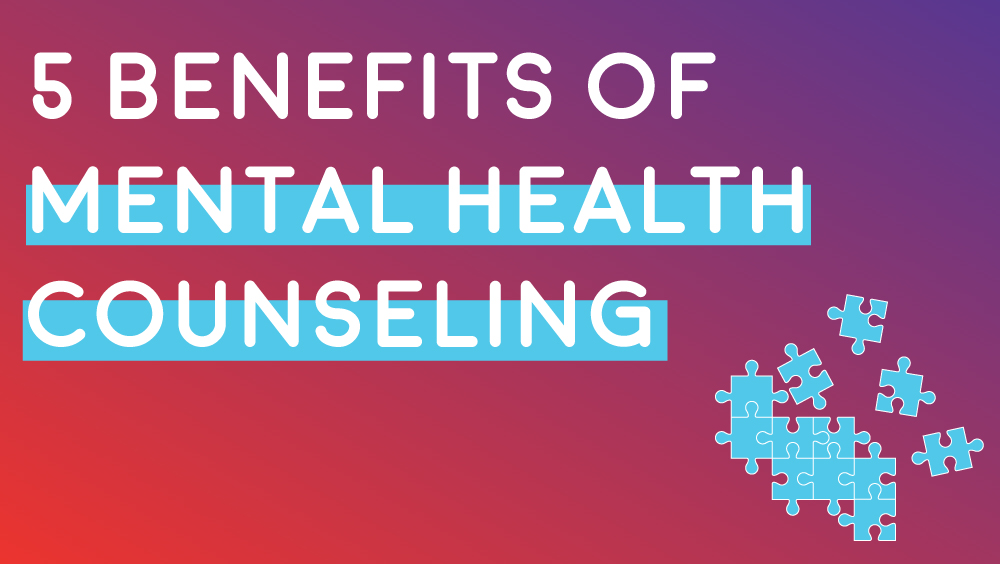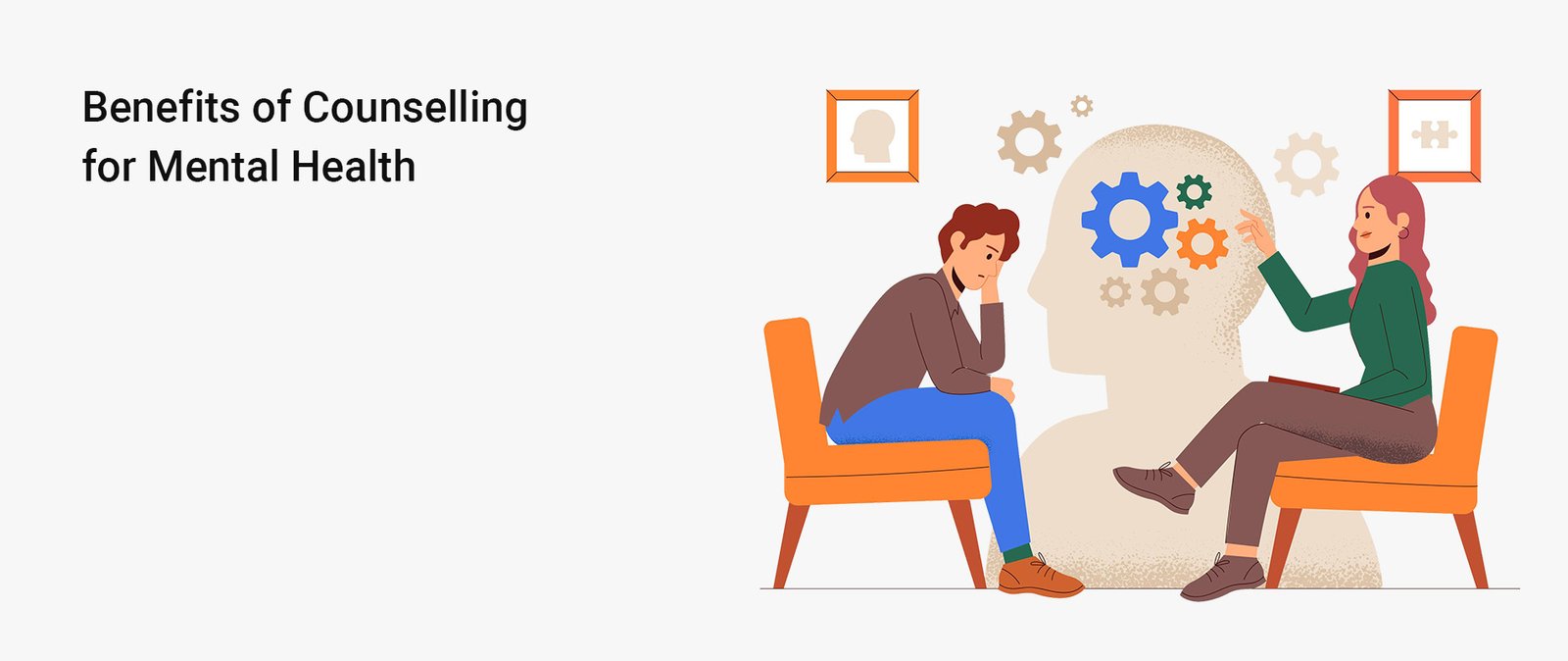Everything about Mental Health Counseling
Everything about Mental Health Counseling
Blog Article
Indicators on Mental Health Counseling You Need To Know
Table of ContentsMental Health Counseling for DummiesGetting The Mental Health Counseling To WorkMental Health Counseling Can Be Fun For AnyoneAll About Mental Health CounselingGet This Report about Mental Health Counseling
Through therapy, you can gain understanding right into your very own patterns of habits and interaction, which can cause even more satisfying and satisfying relationships with pals, household, and romantic partners. What we assume, we show up. If you're taken in with unfavorable emotions and negative ideas that are hindering your life, therapy can help.Like our thoughts, sometimes our actions come to be damaging. They can keep us from living a favorable and healthy and balanced way of life. Maybe you struggle with dependency, or you have a tendency to self-sabotage, or there are other adverse means you behave. Mental Health Counseling. Therapy can aid you change those behaviors that are having an adverse influence on your world and relationships.

Getting treatment to deal with particular aspects of your life can assist you be extra productive in various other areas, including job.

More About Mental Health Counseling
There are even much more benefits of therapy than simply the ones we have actually gone over., or develop connections (charming or those with household or pals) in a healthy and balanced method.
For the purpose of the here and now research, regarded advantages and obstacles to mental health help-seeking are being discovered. Previous study discovered that perceived barriers have a significant result on university trainees' health actions options (Von Ah, Ebert, Ngamvitroj, Park & Kang, 2003). Perceived benefits and obstacles to help-seeking were specifically selected as a result of their influence on decision-making and ultimately activity (Glanz, Rimer, & Su, 2005).
The present research looks for to analyze whether stigma works as a barrier to therapy amongst college pupils. Eisenberg et al. (2011) suggested that suspicion about therapy efficacy is an additional barrier to taking part in therapy. Study searchings for revealed that university student supported several obstacles to taking part in therapy. Mental Health Counseling. Among these were: (1) liking to deal with psychological illness themselves, (2) not having sufficient time to take part in treatment, (3) inquiries about whether psychological wellness therapy works in remediating problems, (4) an idea that anxiety is normal or the issue More Help will certainly get much better without therapy, (5) absence of money, and (6) fret about what others would believe if they learnt about therapy engagement.
(2006) reported similar variables as obstacles to looking for treatment and likewise located that a skepticism of service providers may hinder students from seeking help. Team in campus mental health centers might be regarded as hostile, and long wait times for solutions may be "off-putting" for students. Variables assisting in extra favorable mindsets are typically at the opposite pole of those factors recognized as obstacles.
An Unbiased View of Mental Health Counseling
One in three (34.6%) reported surviving school and one in 4 (23.3%) reported living with moms and dads. Nearly half of pupils were associated with school organizations and 1 in 10 reported being in a society or sorority. Greater than one-third of trainees (38.1%) reported that they had a relative or good friend with an identified psychological health and wellness disorder.

The 5-Minute Rule for Mental Health Counseling
Univariate F-tests determined certain subscale products that dramatically varied. Women were much less likely than males to perceive individuals that most likely to therapy as psychologically weak, people who go to counseling as insane, to really feel that people with mental illness should handle problems by themselves, that people who go to counseling as unable to fix issues, that individuals who most likely to therapy are lazy, and to feel that people that go to counseling are various from typical people in a negative method.
Research results disclosed that women were significantly much less most likely than males to hold stigma-related perspectives. This Discover More Here is consistent here with previous study which likewise found that males hold greater degrees of perceived preconception than ladies (Chandra & Minkovitz, 2006). Based on research study searchings for, it is obvious that men may be much less likely than women to look for therapy due to reduced regarded barriers in addition to high stigma-related mindsets.
The smart Trick of Mental Health Counseling That Nobody is Talking About
Additionally, university wellness professionals might offer educational programs targeting males with information on the benefits of mental health treatment and the importance of seeking help when needed. All strategies should be reviewed with future research to identify the impact on university student, especially men. In contrast to general population studies which expose that females are most likely to look for psychological wellness solutions compared to males (Haunstein et al., 2006; Mackenzie, Gekoski, & Knox, 2006), the existing research study discovered no significant distinctions in the variety of viewed barriers to help-seeking behaviors based upon sex.
This finding was unexpected and might highlight that those who had obtained therapy had a much better idea of delay times and other "gain access to" obstacles that may make it hard to begin therapy. Possibly, individuals who have actually received therapy view extra obstacles than participants who have actually not received counseling given that seeking counseling services once again can involve worry of self-disclosing individual information to a new therapist.
Report this page